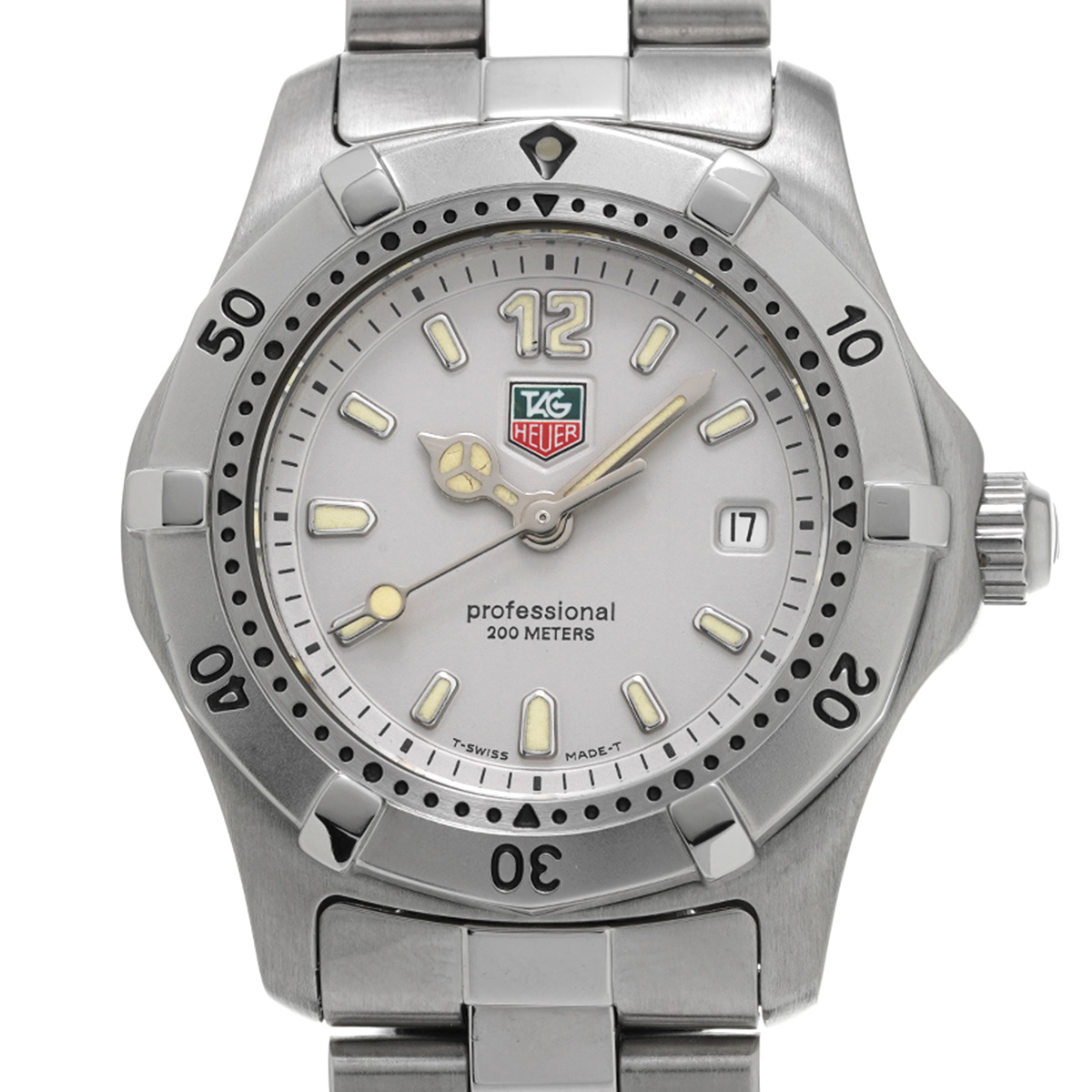
マイストア
変更
お店で受け取る
(送料無料)
配送する
納期目安:
07月21日頃のお届け予定です。
決済方法が、クレジット、代金引換の場合に限ります。その他の決済方法の場合はこちらをご確認ください。
※土・日・祝日の注文の場合や在庫状況によって、商品のお届けにお時間をいただく場合がございます。
【美品】タグホイヤー TAG HEUER WK1321レディース 2000の詳細情報
いらっしゃいませ!
送料に関してはご相談ください!!
中古品になりますので傷等は写真でご確認ください
ブランド:
タグホイヤー/TAG
HEUER
モデル名:
2000シリーズ
対象:
レディース
素材:
SS/GP
×
SS/GP
文字盤色:
ゴールド
ムーブメント:クォーツ
Ref.No:
WK1321
機能・特徴:デイト
◆管理No.0613‐2
◆プロフィールをご確認の上、ご購入お願いいたします。
◆その他(備考)
付属品は写真に掲載している物が全てです。
出品商品は簡易清掃は行いますが、基本現状出品となります
◆
配送エリアと送料ついて
購入商品は、別途料金にて自社配送も可能ですのでよろしくお願いいたします!
※初期不良のみ保証いたします。
家具、家電、アウトドア、筋トレ器具、生活用品、他にも商品多数出品しております!
ハッシュタグをつけて
↓
#328ストア〇〇
○○の部分にお目当ての商品を検索した場合、一覧に当店が出品している商品が表示されます。
まとめて購入していただけた場合、お値引きの相談、交渉も承っております。
送料に関してはご相談ください!!
中古品になりますので傷等は写真でご確認ください
ブランド:
タグホイヤー/TAG
HEUER
モデル名:
2000シリーズ
対象:
レディース
素材:
SS/GP
×
SS/GP
文字盤色:
ゴールド
ムーブメント:クォーツ
Ref.No:
WK1321
機能・特徴:デイト
◆管理No.0613‐2
◆プロフィールをご確認の上、ご購入お願いいたします。
◆その他(備考)
付属品は写真に掲載している物が全てです。
出品商品は簡易清掃は行いますが、基本現状出品となります
◆
配送エリアと送料ついて
購入商品は、別途料金にて自社配送も可能ですのでよろしくお願いいたします!
※初期不良のみ保証いたします。
家具、家電、アウトドア、筋トレ器具、生活用品、他にも商品多数出品しております!
ハッシュタグをつけて
↓
#328ストア〇〇
○○の部分にお目当ての商品を検索した場合、一覧に当店が出品している商品が表示されます。
まとめて購入していただけた場合、お値引きの相談、交渉も承っております。
ベストセラーランキングです
近くの売り場の商品
カスタマーレビュー
オススメ度 4.3点
現在、749件のレビューが投稿されています。


















